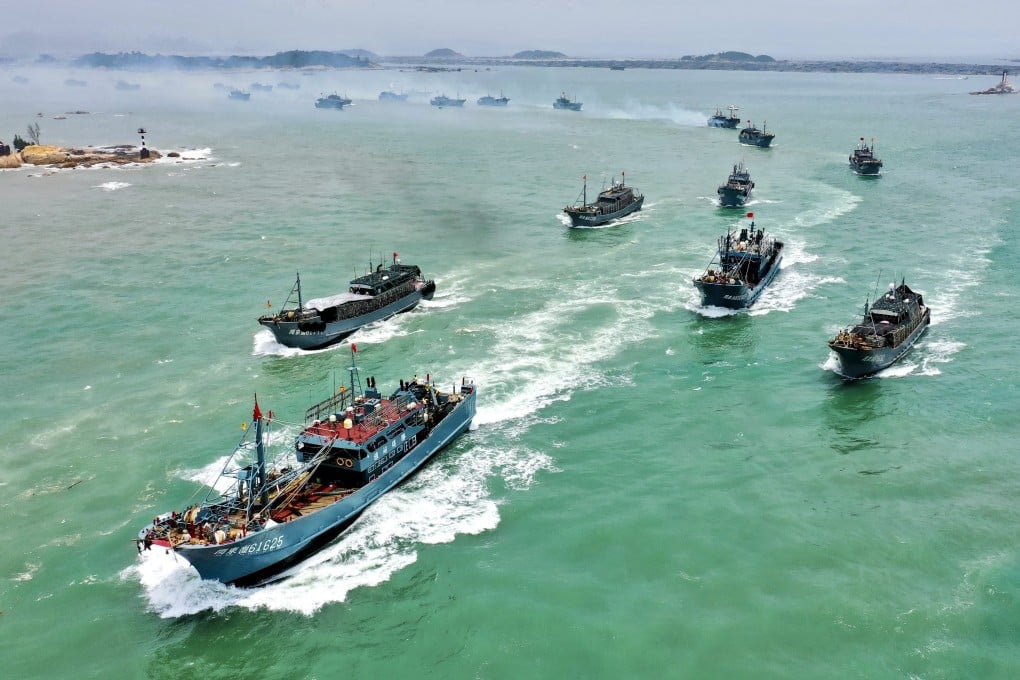Outside In | Can the WTO finally end deeply damaging fishing subsidies after 20 years of gridlock?
- Oceans are still overfished, global stocks are under acute pressure, illegal fishing is rampant and subsidies continue to be paid – but there is hope
- Success would mean a reprieve for the world’s stressed oceans, and restore the WTO’s relevance as a global deal broker

It was in 2001 at the launch of the Doha Round of trade liberalisation negotiations that negotiators agreed to dig their teeth into the challenge of eliminating deeply harmful fisheries subsidies. Twenty years later, they are still digging.
Meanwhile, oceans continue to be overfished, global stocks continue under acute pressure, illegal fishing remains rampant, and subsidies continue to be paid, mainly to large commercial fleets.
As World Trade Organization director general Ngozi Okonjo-Iweala noted last week, if we take another 20 years, “there may be no marine fisheries left to subsidise – or artisanal fishing communities to support”.
“I feel new hope this evening [...] In 20 years of negotiations, this is the closest we have ever come towards reaching [...] a high-quality outcome that would contribute to building a sustainable blue economy,” she said.
Progress has been especially hampered in the past five years, particularly dark times for the WTO (and many other multilateral organisations) as the United States prioritised politically expedient bilateral trade deals and actively undermined multilateral institutions and multilateral agreements of almost any kind.
